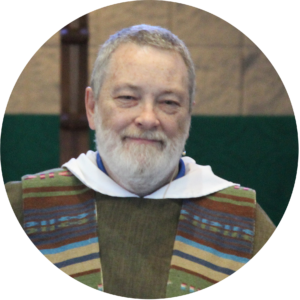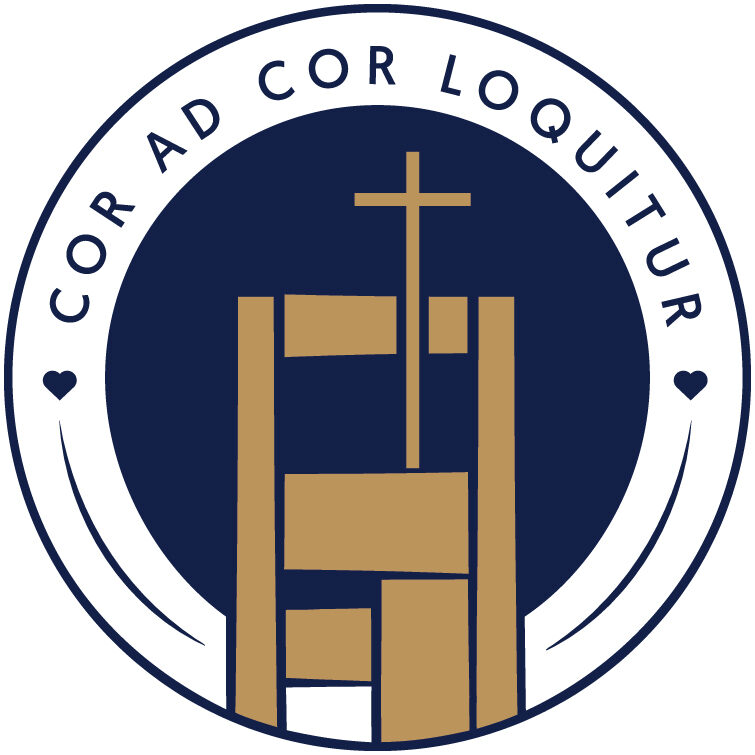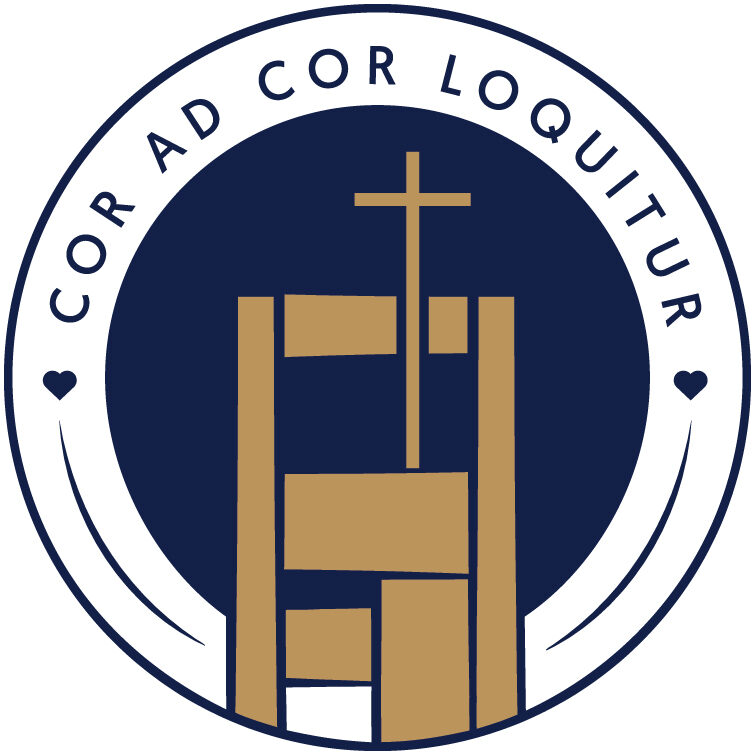 By Fr. Rich, O.P.
By Fr. Rich, O.P.
The story of Lazarus is one of my favorite stories in Luke’s Gospel. The characters are clearly drawn, and we have a vivid picture of the relationship between Lazarus and the “rich man.” The rich man is so totally ensconced in his life that he has no awareness of who, literally, lies outside his door. He lived out his life “dressed in purple garments and fine linen and dined sumptuously each day.” It would seem also that he was unconcerned about what would be his situation upon his death. He lived in the moment and for his own immediate gratification. In doing so, upon his death, he reaped the consequences of his choices. As he was “suffering torment in these flames,” he recognized the beggar that he had shunned in life.
Too late the plea for mercy; too late the request for solace! In 2nd Corinthians, Paul makes it clear: “For He says: ‘In the time of favor I heard you, and in the day of salvation I helped you.’ Behold, now is the time of favor; now is the day of salvation!”
Paul is speaking to us as well! Ignorance and complacency are no longer an option. Today’s world, in which according to CNBC the top 1 percent of the population now owns 50.1 percent of the world’s wealth, is the story of Lazarus and the rich man on a global scale. The news is replete with stories of some of the rich and famous and the arrogance with which they live out their lives. (As an aside, I acknowledge the rich and famous who live out their lives humbly and in service to those in need generously and with wonderful compassion.)
We do not have to be rich and famous to be informed and engaged. We do not have to be rich and famous to be of service, locally or globally. We do not have to go anywhere to engage the marginalized and the outcasts. Like Lazarus, they can be found frequently on our allegorical doorsteps.
Too often we play out the life of the rich man — no longer dressing in purple and linen, no longer dining sumptuously — we are simply either too engaged in the world around us or impervious to the challenges that surround us. Regardless, if we go about our days in the self-satisfied manner of the Scribes and Pharisees, secure in the belief that because we have followed the rules we have achieved salvation, we have failed to heed the Gospel message.
Jesus challenged us to search out those in need and minister to them. Feed the hungry; care for the orphans and the widows, the immigrants and refugees. Are there sick among you — marginalized as a result of climate change, economic failures, war or natural disaster; we are challenged to seek them out and care for them.
The final sentence of the Declaration of Independence is a promise among the signers, to “mutually pledge to each other our Lives, our Fortunes, and our Sacred Honor.” As Catholics in today’s culture, can we in truth pledge less? As members of a faith community grounded in Gospel truth, our lives, our fortunes, and our “sacred honor” should be committed to working for a world ensconced in God’s loving presence.
The name Lazarus means God is my help. And it is with God’s help that we can bring about that world. I wonder how often, in our day-to-day rush, we forget this fundamental element of our faith? Everything I’ve written, I believe, and I believe also that we cannot accomplish any of it — changes of heart, mind or spirit — without God’s help. It is through God’s grace and constant love that we can find the direction and power to care for the Lazaruses in our world.
Now is the time; here is the place. We are the ones.

